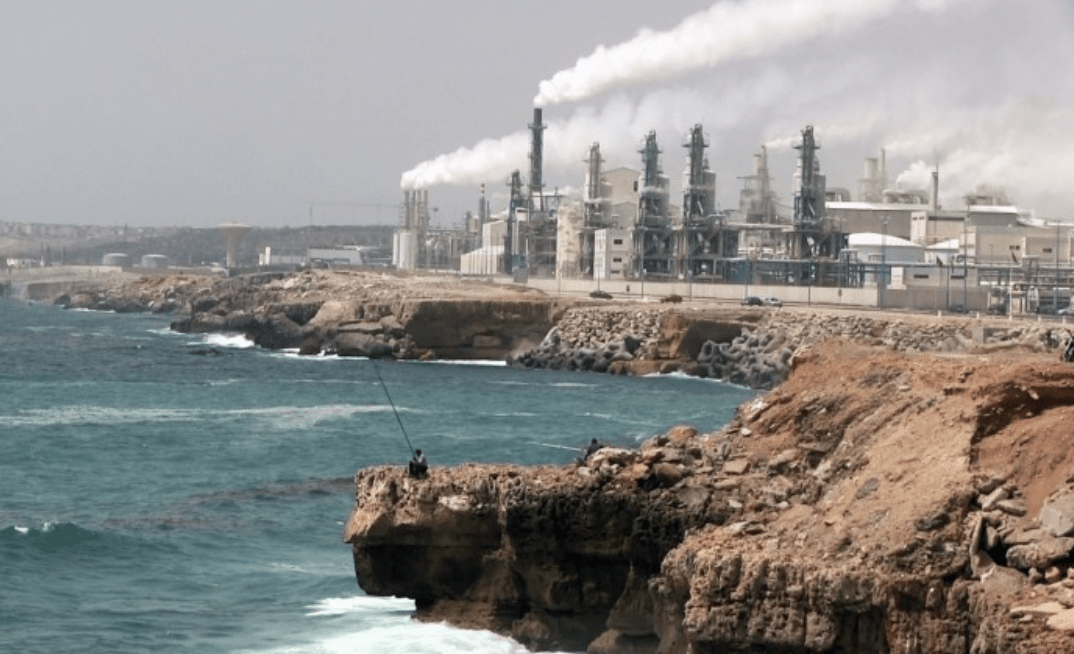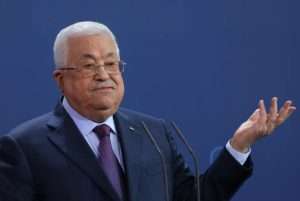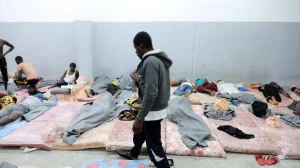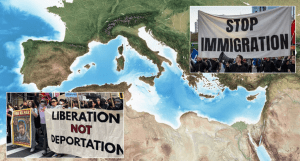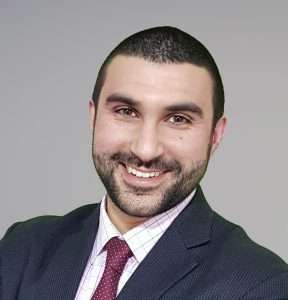Where next for EU – Libya relations?
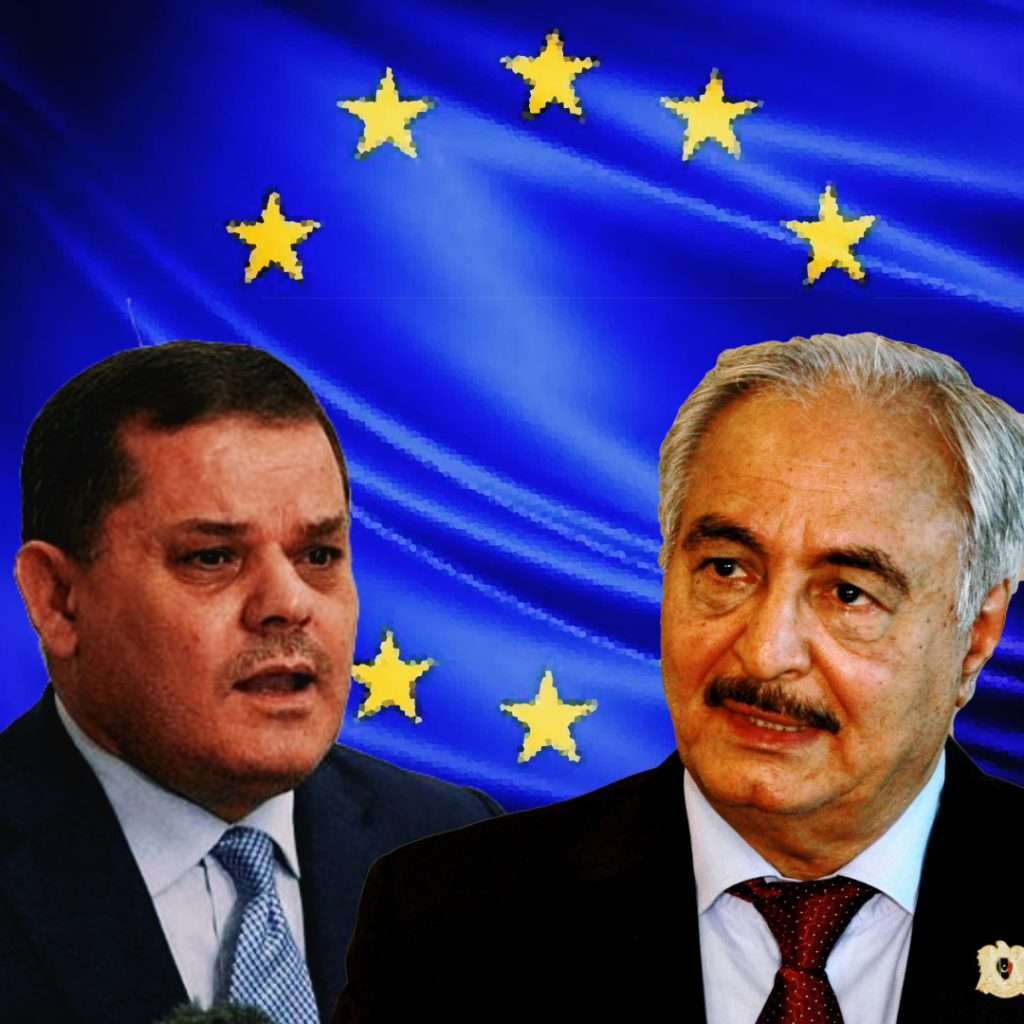
Following the acrimonious exit of an EU delegation from Benghazi airport on July 8th, the future of cross-Mediterranean relations has been left in further peril. The EU described the diplomatic mission as “an opportunity to take stock of the decade-long ongoing political crisis in this potentially very rich country.” However, what was intended as a bid to coordinate a cross-Mediterranean migration policy has instead fractured relations between the EU and Benghazi. Officials in the east interpreted the delegation’s visit as favouring the UN-recognised, Tripoli-based government over the Russian-supported military regime of the Libyan National Army (LNA), led by General Khalifa Haftar. The expulsion of the delegation was not only a diplomatic embarrassment but also a clear signal of the limits of EU influence in eastern Libya.
Libya remains a key transit route for migrants travelling north from the Sahel in hopes of reaching Europe via the Mediterranean. The EU delegation had aimed to visit both Tripoli and Benghazi to lay the groundwork for a more coordinated response to migration pressures. Speaking at a meeting with the delegation, President Abdulhamid Dbiebah of Libya’s internationally recognised government expressed hopes for a national plan to manage migration, “based on practical cooperation with partners and reflecting a clear political will to build sustainable solutions.”
According to Roberta Maggi, a development practitioner and associate fellow at CARPO, the EU’s work in Libya is not as one-sided as it may appear. “At the level of the Delegation, the EU and its implementing partners have a clear line of sight as to what their interventions in Libya look like and this support isn’t just focused on Tripoli. The EU funds and implements programs nationwide across a wide range of sectors,” she explains. However, practical and diplomatic constraints remain. “Only the executive in Tripoli is formally recognised by the UN and wider international community. Institutions such as the Central Bank, or the ability to issue visas for foreigners, are still based there. So while the EU does try to engage nationwide, Tripoli remains its central point of access.”
Haftar’s regime has received both military and economic support from Russia, and some observers argue that sustained diplomatic exclusion from Europe could push the LNA further into Moscow’s orbit. In a more extreme scenario, this could lay the groundwork for an internationally supported Eastern Libya, an outcome that would complicate any future EU-led migration strategy.
For now, Haftar has consolidated his authority in the east through military strength and foreign backing from actors including Russia’s Wagner Group, Egypt, and the UAE. The instability in Tripoli has allowed him to present himself as a more coherent and capable political force. The Benghazi airport incident may also signal growing confidence from Haftar’s camp in asserting autonomy. Tensions between east and west have persisted all year, with ongoing low-level conflict and a stalled national reconciliation process. Tripoli itself continues to see increasing instability, with frequent clashes between government forces and rival militias. For Haftar, a weakened Tripoli offers more space to govern unchallenged in the east.
This raises a fundamental question: can the EU effectively implement a migration policy across both sides of the Mediterranean while Libya remains divided? Maggi believes it can but with caveats. “The EU has been implementing its policy amid divisions in Libya since 2014, so yes, it can. The bigger question is not implementation, but sustainability and the potential harm of these policies, especially as they relate to the actions of individual EU member states.” Indeed, while Brussels promotes a common European approach, many EU member states continue to pursue their own interests independently. “The EU and its member states aren’t always on the same page,” Maggi notes. “This isn’t new and it’s characteristic of European multilateralism on many issues. In Libya, individual member states have worked to secure their own interests for over a decade, sometimes outside the EU’s own interventions.”
While the EU’s focus on migration is often criticised, Maggi argues it is not the sole factor behind rising Turkish and Russian influence. “It’s less about the migration focus and more about the inability of EU states to act consistently as a block. That said, an explicit policy of containment of migrants on Libyan soil has damaged the EU’s credibility, particularly when it comes to human rights.”
As it stands, the EU’s approach remains constrained by international diplomacy, internal division among member states, and a complex political landscape in Libya itself. If Europe is to remain a serious actor in Libya’s future, it will likely have to continue navigating between principles and pragmatism, acknowledging Tripoli’s legitimacy while finding ways to engage with Benghazi. Whether that recalibration is possible – or politically viable – remains to be seen.
EEAS/ Reuters/ Maghrebi/ Roberta Maggi/ CARPO
Want to chase the pulse of North Africa?
Subscribe to receive our FREE weekly PDF magazine




